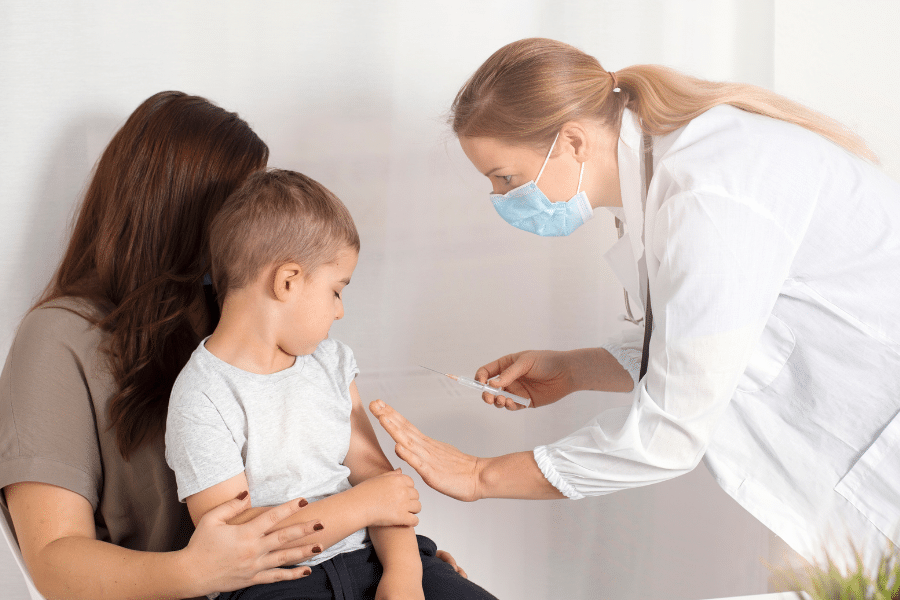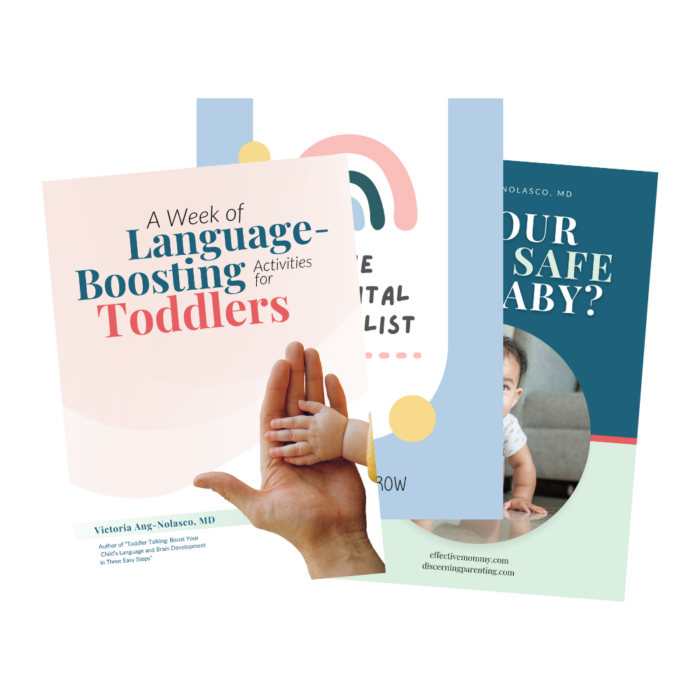How To Prepare Your Child For Vaccinations
Preparing your child for vaccinations can be a challenge. (Are there statistics on people who are scared of vaccinations and needles? A lot of this may have a root in childhood experiences.)
Recently, I’d given my son his school entry boosters, which are usually given to kids who are 4-6 years of age. Since I get a lot of questions from moms about this, I’d like to share tips on how to make vaccinations easier and a less unpleasant experience.
What to do beforehand to prepare your child for vaccinations?
Explain to your child in an age-appropriate way how vaccines will help them. Even a simple explanation like, “This will help you stay healthy.” can help.
Model getting vaccinated. If you get vaccinated at a drugstore, you may want to bring your child so they can see you. If you get vaccinated at a GP, it may be worth it to try asking if you and your child can get vaccinated on the same visit. Older siblings will be a huge help here since they can also be models at the pediatrician.

Teach your child that the arm (or wherever he will be vaccinated) should be relaxed. Practice this beforehand. Show the difference between a tense and relaxed arm.
Ask what will help your child during the vaccination. Will your child look at you? Does your child want to be held in the lap? Or bring along a favorite stuffed animal? Check with the pediatrician or vaccination site if it will be okay to do so.
What to do during the visit for vaccinations?
Remain calm.
Young kids tend to “borrow” our emotional regulation. They take cues from us on whether an experience is safe or not. Even if we may be anxious ourselves, it’s best to remain calm. If you have any anxiety about the experience, speak with your pediatrician beforehand so you can feel calm and confident about it on the day itself.
Do breathing exercises with your child.
I’ve found this to be particularly effective. I would tell my child, “Breathe in. Breathe out.” and I can see him getting relaxed. It’s also time to implement what you’ve practiced beforehand – such as holding onto your hand or to a stuffed animal.
After the shot is given, it may also help to apply a cold compress.
Sometimes massaging the vaccination area may help, while other times it can make the pain worse. So ask your child if they would like the area massaged. Follow your doctor’s instructions regarding pain relief.
Free RESOURCE LIBRARY
Sign up below and get FREE access to the Discerning Parenting Resource Library!

What to do after vaccinations, to help make future vaccination experiences easier?
Praise your child in specific ways. “I love how you stayed still while being vaccinated. You made everyone’s jobs easier!”
Do something fun! Get some ice cream or watch a favorite movie.
Things to avoid, so as not to make future vaccination experiences more difficult
- DON’T lie to your child. Saying that, “No it won’t hurt” will only make future occasions more difficult.
- DON’T minimize the experience. “Oh, it’s just like a tiny ant sting.” “You’re not supposed to be afraid.” Instead, it may be more helpful to say things like, “It’s okay to feel scared. We can do this together.”
- DON’T tell your child not to cry. Comments like – “You’re a boy and boys don’t cry.” or “You’re such a crybaby.” – may make the experience more unpleasant.
- DON’T compare with other children. It’s okay to use other kids as models. “That girl got vaccinated too!” is okay and shows him examples of kids like him getting vaccinated.
But don’t compare in a way that shames or makes your child feel inferior. Comments like, “That kid didn’t even cry and she’s smaller than you!” Or “You’re a bigger scaredy-cat than that baby over there!” may make the situation worse, because they will add another layer of anxiety to an already possibly stressful experience.
If you practice these tips, you’ll make vaccination a positive experience for your child, while still building trust and paving the way to lifelong good health habits.

